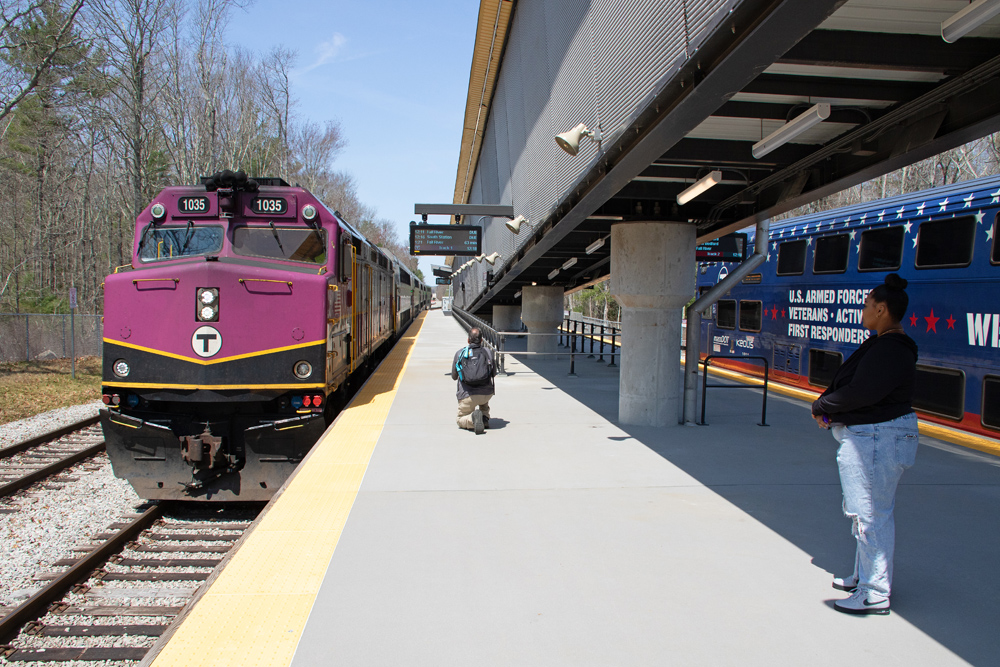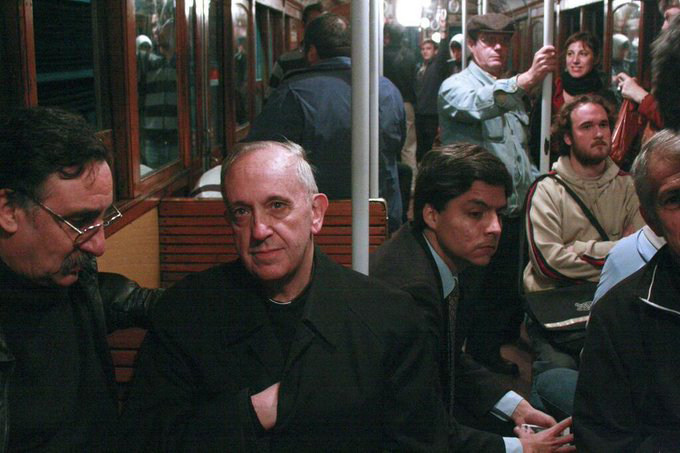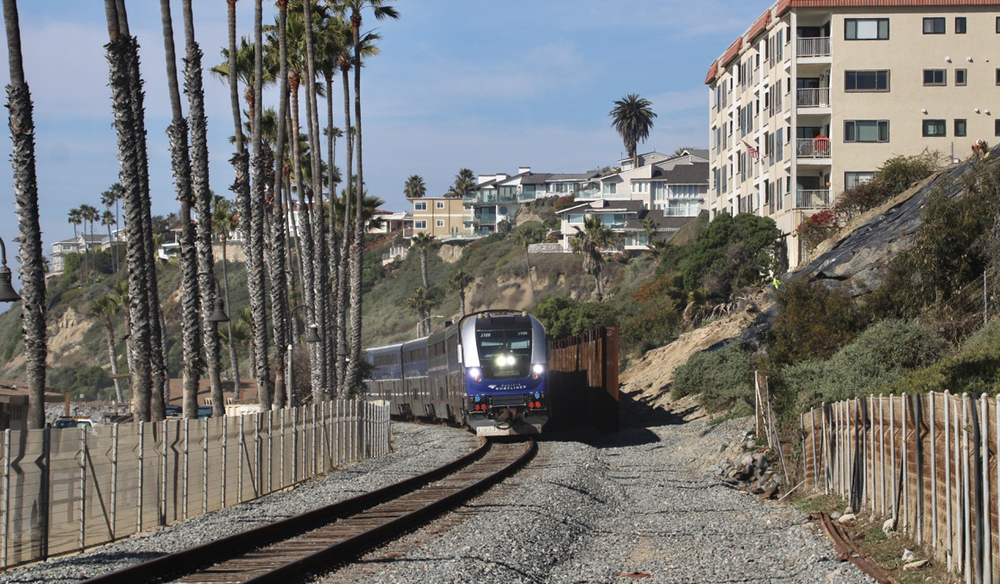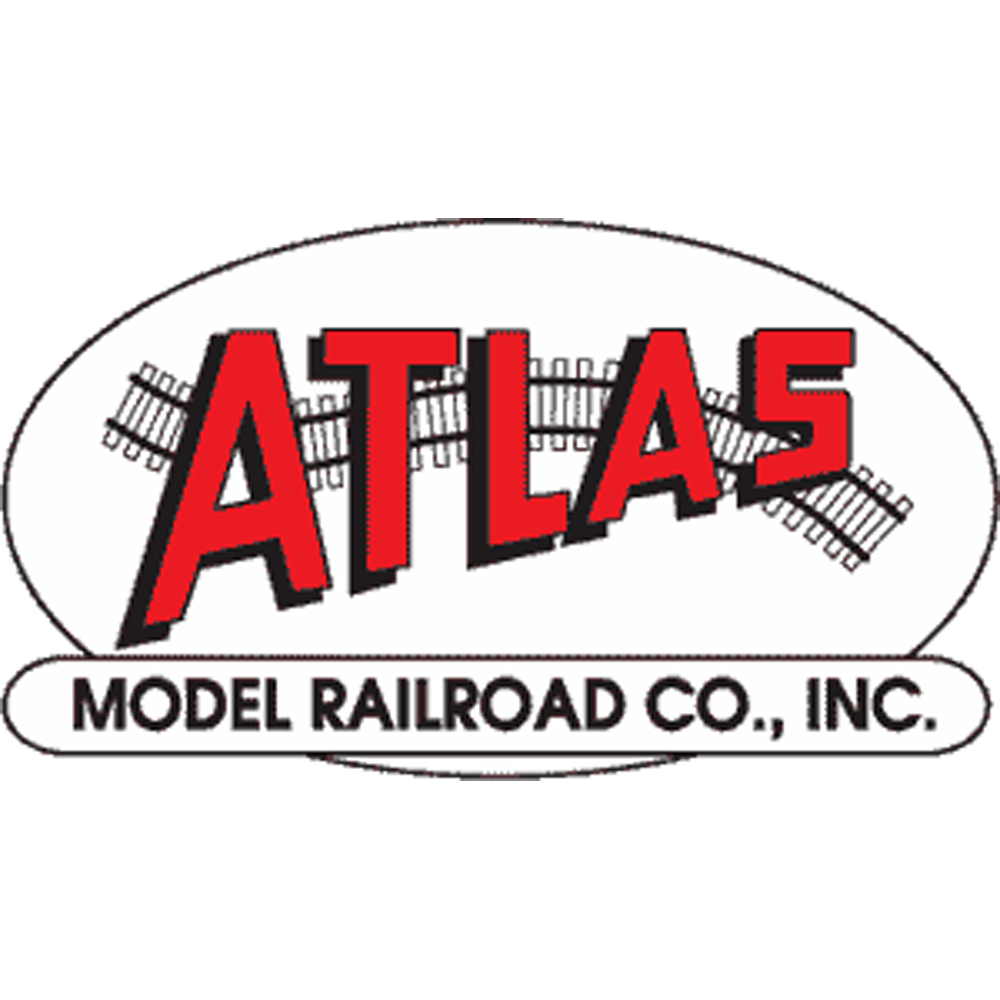 WASHINGTON — The Washington Metropolitan Area Transit Authority has again been ordered to remove Metrorail’s 7000-series railcars from service, after only a few had been restored to operation.
WASHINGTON — The Washington Metropolitan Area Transit Authority has again been ordered to remove Metrorail’s 7000-series railcars from service, after only a few had been restored to operation.
The website DCist reports the independent Washington Metrorail Safety Commission ordered the cars to be sidelined after it found five cars that did not meet the inspection criteria established by Metrorail in its return-to-service plan, out of 40 that had been placed in operation. WJLA-TV reports wheelsets on the cars had begun shifting, the problem which caused an October derailment and led to the initial sidelining of the Kawasaki-built cars [see “Metrorail car in Arlington derailment had left tracks twice …,” Trains News Wire, Oct. 19, 2021].
A WMATA representative told WJLA that the wheelsets in question had passed a second, more sensitive measurement after initially being flagged for potential defent.
The order issued by the safety commission requires WMATA to provide a new return-to-service plan insuring cars failing inspections are removed from service, and that additional oversight is established to insure the plan is followed. It also says Metrorail has committed to removing all the cars from service.














Quality needs to be designed in to the product. Inspecting in quality is not a road to success. This whole thing sounds like an attempt to reinvent the wheel gone wrong. A good subject for a Trains Magazine article might be wheel gear and axle design, the 7000 versus the successful designs built since Frank Sprague’s 1885 trolley cars. Should include some pictures and drawings (that might help us to understand what happened).
Affirmative Action on steroids.
AMEN! AMEN!
We are paying the price for decades hiring many incompetent affirmative action employees. To the many competent METRO employees, of all ethnic backrounds, it is such a shame and insult to them.
Show me the evidence that the color of someone skin has anything to do with this!!!
Agree with Larry below. The folks who made the design specs for these cars messed up.
There seems to be a machining problem with these wheel sets. Either axle machined to small or wheel hole to big so they are sliding out of tolerance. So wouldn’t it more cost effective and keep the cars running to start changing out these wheel sets an get this problem over with ?
It more than likely would be, but this is WAMATA we’re talking about, where things like being proactive, using common sense, good customer service and actually providing an efficient, effective public service does not seem to matter much.